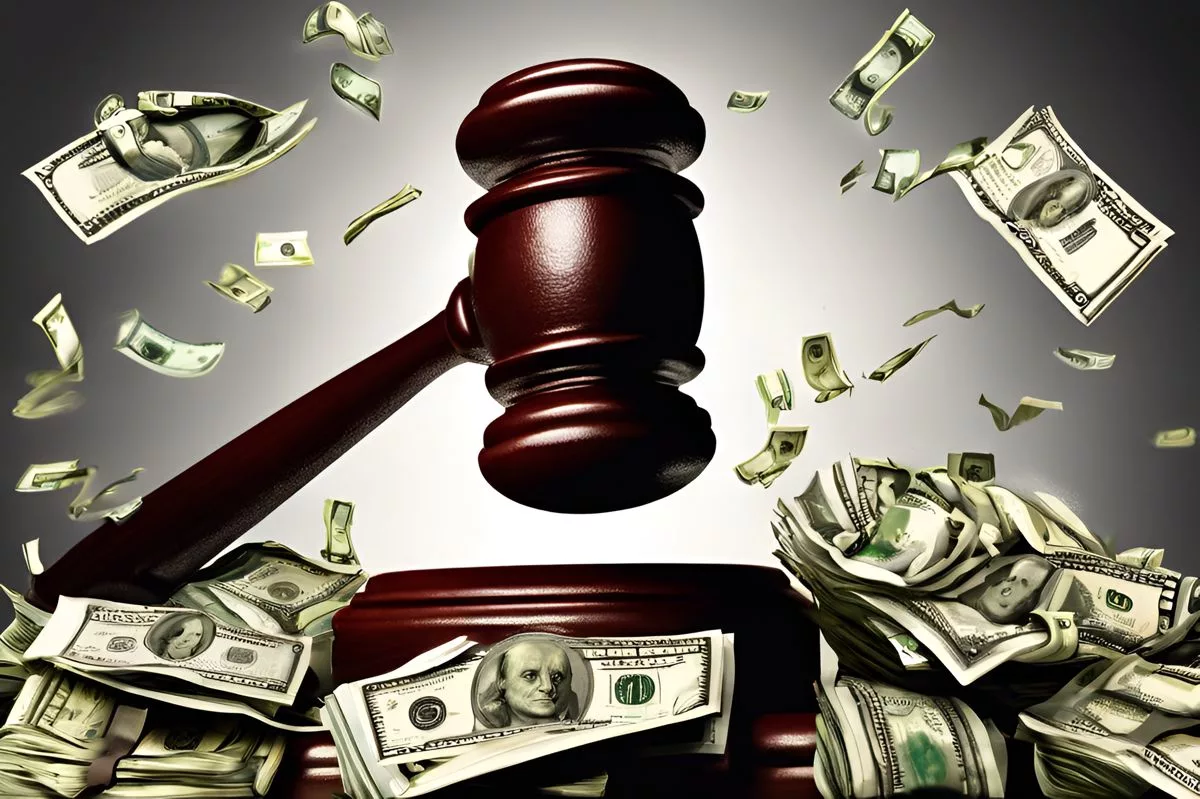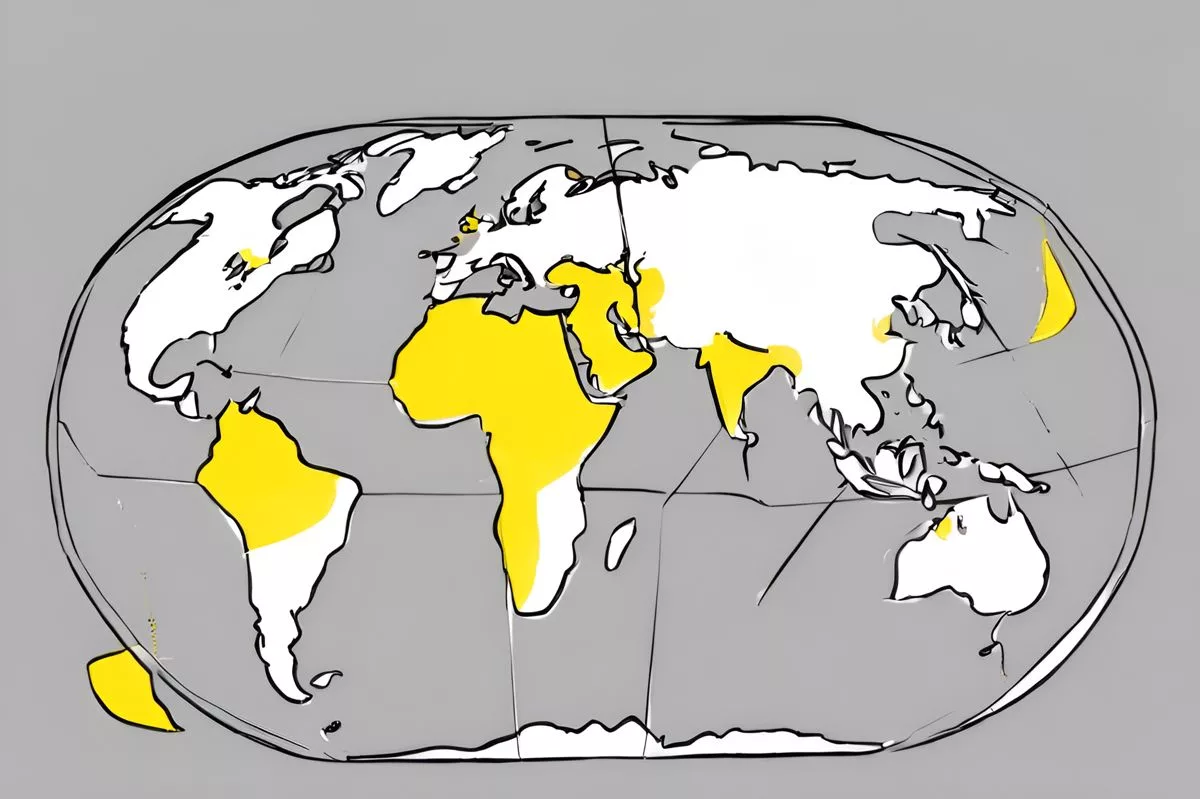A judge in Delaware has overturned Tesla CEO Elon Musk’s $56 billion compensation plan, which was deemed “inordinately exorbitant.” The ruling is a legal milestone for shareholders calling for limits on executive pay and could have ramifications for executive compensation in the US. Musk seemed unaffected by the ruling, taking to X, a platform previously known as Twitter, to share a piece of advice for budding entrepreneurs: “Never incorporate your company in the state of Delaware.”
A Landmark Ruling Against Elon Musk’s Gigantic Compensation Package
A judge in Delaware has overturned Tesla CEO Elon Musk’s $56 billion compensation plan, marking a legal milestone for shareholders calling for limits on executive pay. The remuneration plan was deemed “inordinately exorbitant” by Judge Kathaleen McCormick of Delaware Chancery Court. The ruling could have ramifications for executive compensation in the US, highlighting the judiciary’s role in reining in excessiveness.
In a significant ruling that left a lasting impact on the American business landscape, a judge from Delaware recently discarded a whopping $56 billion remuneration plan awarded to Tesla’s CEO, Elon Musk. This marks a legal milestone for the complainant, Richard Tornetta, a shareholder in Tesla, as the court declared Musk’s pay plan to be inordinately exorbitant.
Judge Kathaleen McCormick of Delaware Chancery Court pronounced that Tornetta had the right to demand reversal, thereby endorsing the revocation of Musk’s massive 2018 compensation agreement. This judgement could be a defining moment in the control of executive remunerations in the US, underscoring the judiciary’s part in reining in excessiveness.
The Aftermath of the Verdict
The verdict by McCormick reverberated throughout the market, triggering a drop of over three percent in Tesla’s share price during after-hours trading. Musk seemed unaffected by the ruling, taking to X, a platform previously known as Twitter, to share a sage piece of advice for budding entrepreneurs: “Never incorporate your company in the state of Delaware.”
Expressing his deep appreciation for the court’s decision, Greg Varallo, the lawyer acting on behalf of the shareholders, pointed out the possible advantages for Tesla investors. According to him, the ruling will help mitigate the dilution stemming from Musk’s astronomical remuneration plan.
The judgement pointed out that Musk’s 2018 remuneration scheme was “the largest potential compensation opportunity ever observed in public markets by multiple orders of magnitude.” This exceptional plan would have paved the way for Musk to obtain Tesla shares in 12 tranches, contingent on certain performance benchmarks.
The Lawsuit and its Implications
The lawsuit, which was fought in court in 2022, was not only leveled against Musk but also against Tesla and several members of its board. Musk highlighted the precarious financial state that Tesla was in when the pay package was initially approved during the trial, referencing investor doubts and the company’s fight for survival.
Since the inception of the pay deal, Tesla has witnessed a dramatic financial revival. Its share price has soared impressively, propelling Tesla to clinch the position of the world’s most valuable car manufacturer based on market capitalization.
McCormick’s judgement depicted Musk as the epitome of a ‘Superstar CEO,’ emphasizing his influential roles in corporate affairs and his control over the company’s board. Her decision stressed the flawed process that led to the approval of Musk’s remuneration plan, highlighting Musk’s significant sway over the negotiators.
Musk’s Influence and the Road Ahead
Notable among these negotiators were Ira Ehrenpreis, chair of the compensation committee, who shares a 15-year relationship with Musk, and committee member Antonio Gracias, a long-standing Musk associate and frequent vacation companion of Musk’s family.
The lawsuit coincided with Musk’s purchase of X, and his portfolio also includes his position as the head of SpaceX, a company that manufactures spacecraft. While the verdict might be a hiccup for Musk, it may not hamper his aspiring ventures in the domains of artificial intelligence, robotics, and space exploration.
One definite takeaway from this legal drama is that even the richest man in the world must adhere to certain limits, and the law will intervene when required. This ruling could potentially set a precedent, indicating an upcoming era of increased inspection for corporate America and its practices regarding executive remuneration. It serves as a reminder that regardless of a person’s wealth or status, the principles of responsibility and fairness are the cornerstones of the American judicial system.
What was the $56 billion compensation plan that Elon Musk received?
Elon Musk’s $56 billion compensation plan was a remuneration package awarded to him in 2018. The plan would have given Musk Tesla shares in 12 tranches, subject to certain performance benchmarks, making it “the largest potential compensation opportunity ever observed in public markets by multiple orders of magnitude.”
What was the verdict of the lawsuit against Musk and Tesla?
The judge in Delaware Chancery Court, Kathaleen McCormick, overturned Musk’s $56 billion compensation plan, deeming it “inordinately exorbitant.” The ruling could have implications for executive compensation in the US and highlights the role of the judiciary in reining in excessiveness.
What was the reaction of Musk and Tesla to the ruling?
Musk seemed unaffected by the ruling, taking to X (previously known as Twitter) to share a piece of advice for budding entrepreneurs: “Never incorporate your company in the state of Delaware.” Tesla’s share price dropped over three percent during after-hours trading following the verdict.
Who filed the lawsuit against Musk and Tesla?
The lawsuit was filed by Richard Tornetta, a shareholder in Tesla, and was not only leveled against Musk but also against Tesla and several members of its board.
What does the ruling mean for executive compensation in the US?
The ruling could set a precedent and indicates an upcoming era of increased inspection for corporate America and its practices regarding executive remuneration. It serves as a reminder that regardless of a person’s wealth or status, the principles of responsibility and fairness are the cornerstones of the American judicial system.
Will the ruling hamper Musk’s other ventures?
While the verdict might be a hiccup for Musk, it may not hamper his aspiring ventures in the domains of artificial intelligence, robotics, and space exploration.












